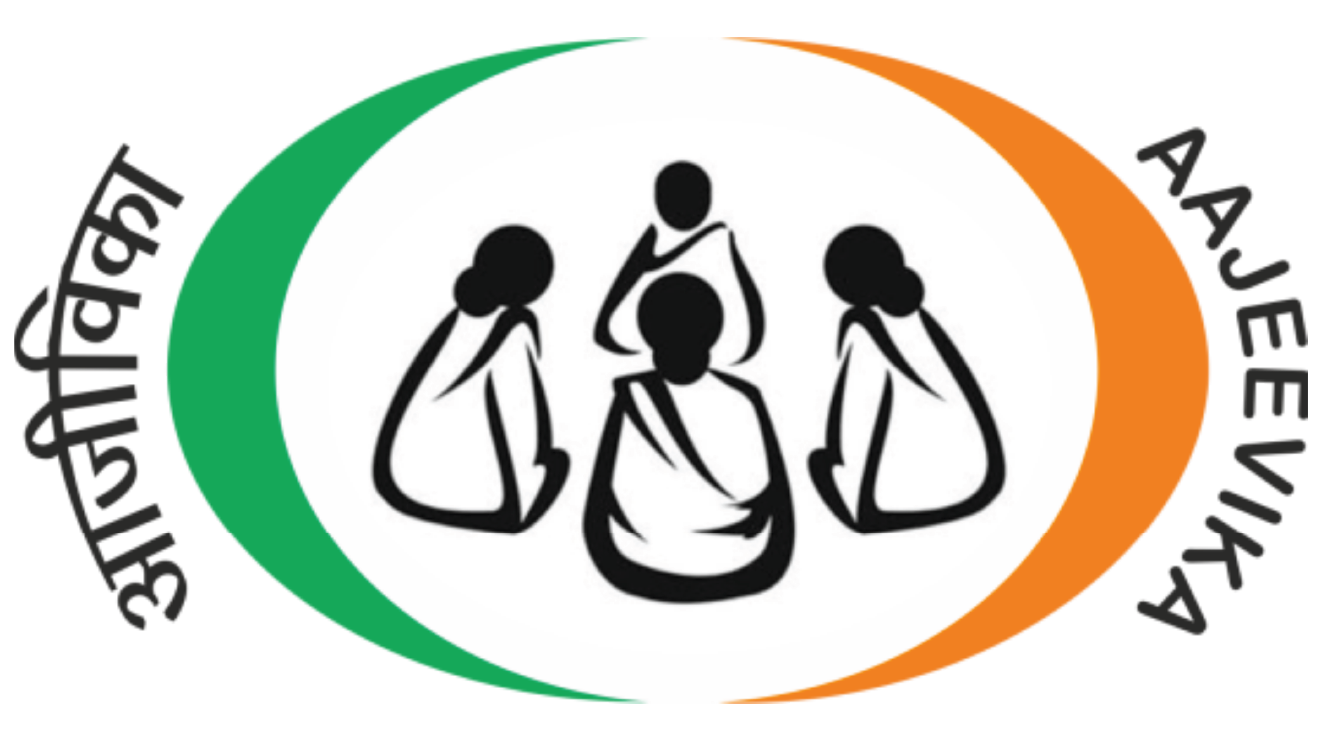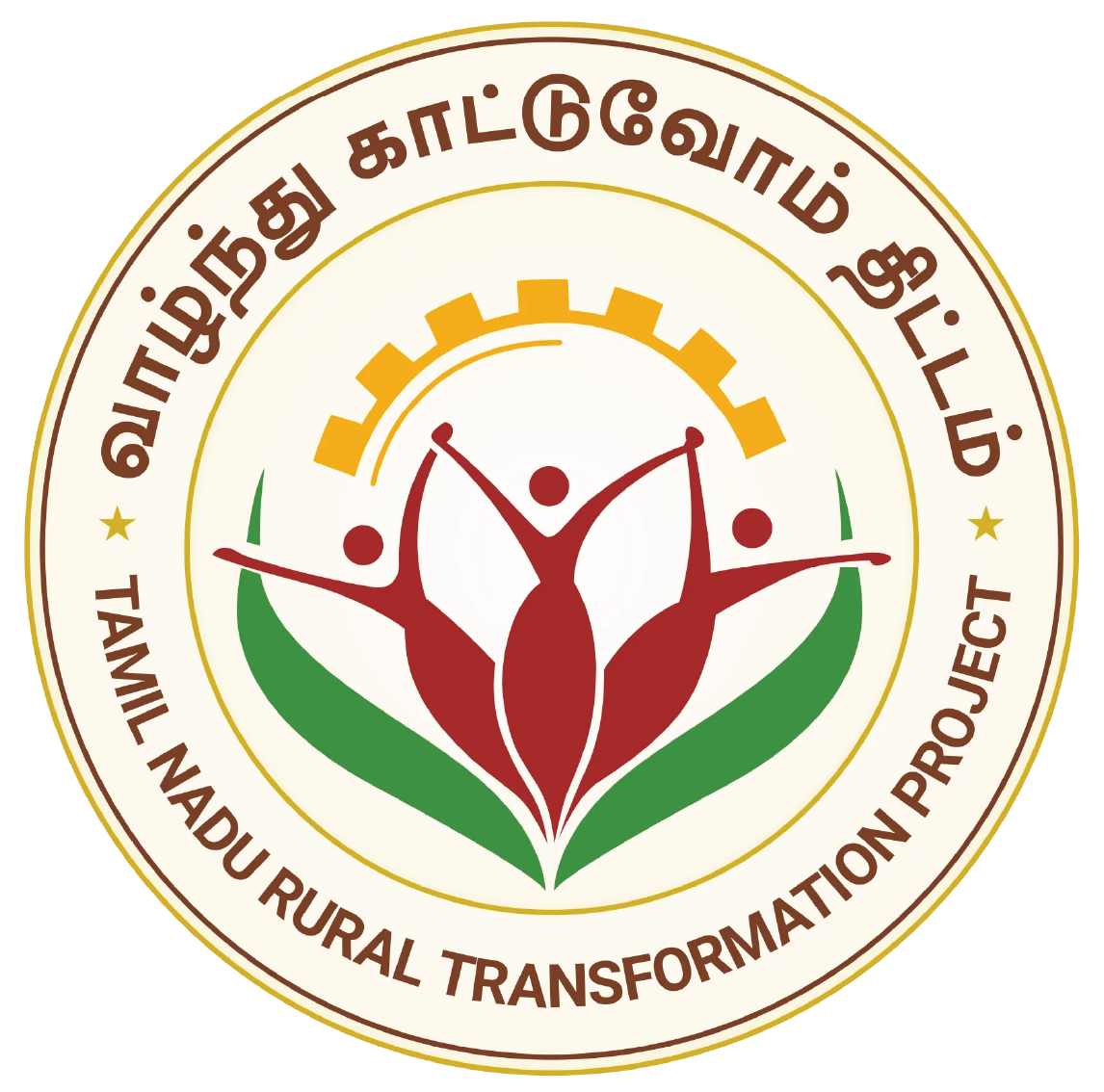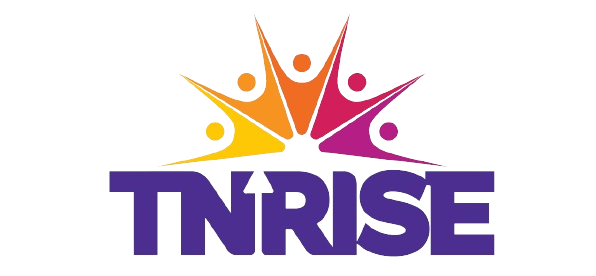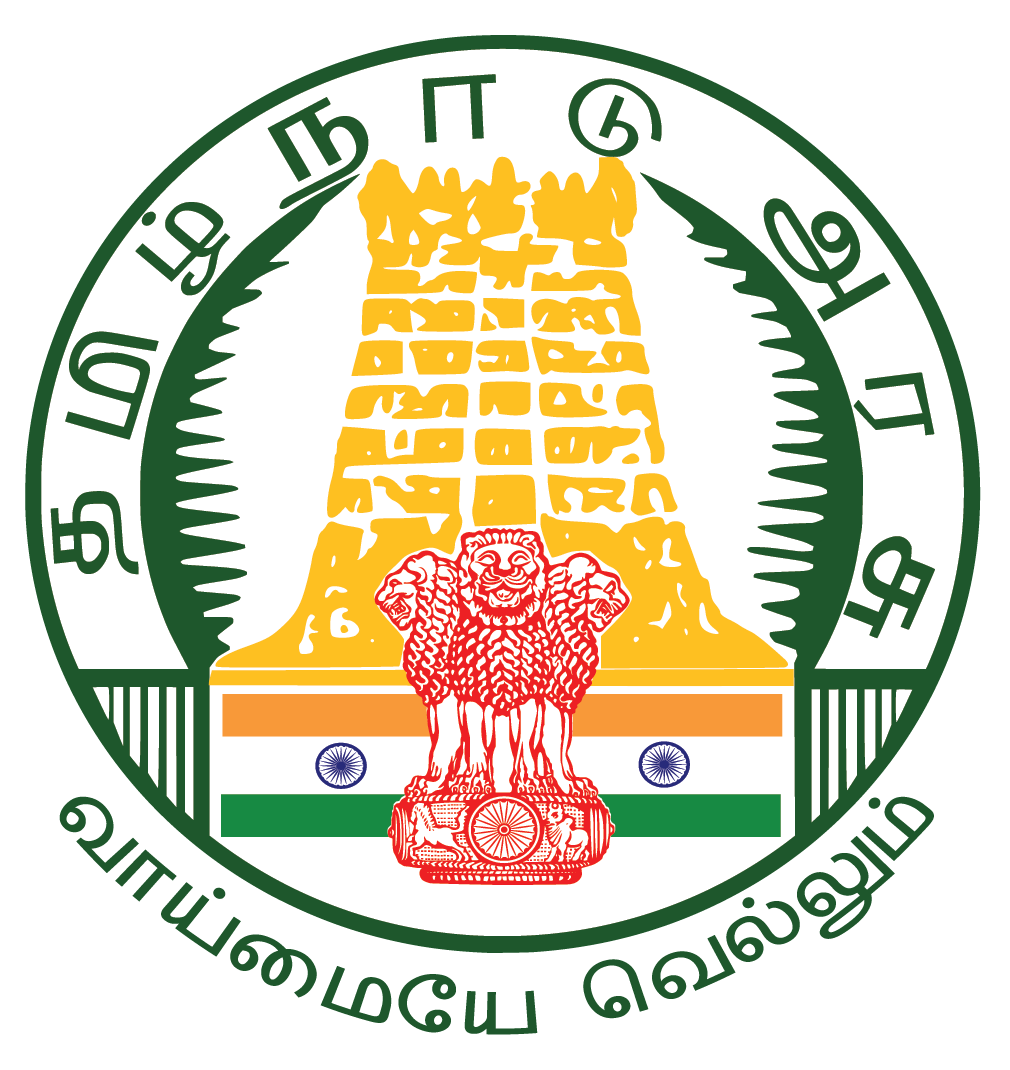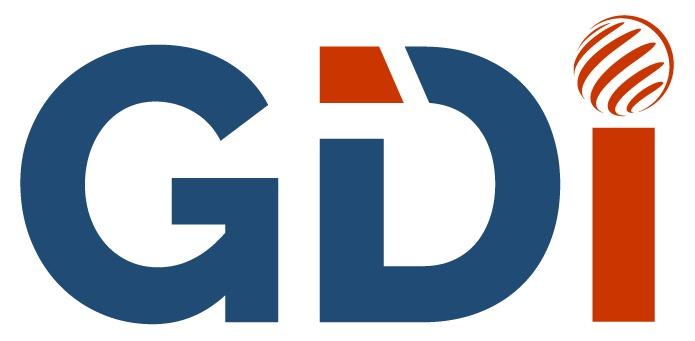
Unbundling The Evolution of Rural Finance
The financial inclusion landscape in rural India has seen significant progress over the past 25 years, with substantial contributions from various stakeholders enhancing the reach of financial services. However, challenges, such as service access and quality, geographical disparities, and the impact of rapid urban migration, continue to persist and demand customised financial inclusion strategies. The rise of digital financial services has been a double-edged sword, offering benefits but also highlighting the digital divide and associated risks like cyber fraud. Addressing the needs of the 'missing middle,' including micro enterprises and women entrepreneurs, is crucial for balanced economic growth and gendered financial inclusion. The evolution of credit access tools and the recognition of gender gaps in farmer financing suggest a shift towards a more holistic approach to financial wellbeing is necessary. Overlaps in credit access among JLG-SHG members and the usage of tools to assess household income and fund flow are still evolving. Hence, strategies that focus on household-level financial wellbeing could bridge these gaps and foster a more inclusive financial ecosystem. This session will delve into these issues and explore pathways to address them.
Speakers
Presentations
Indradeep Ghosh
Click Here
Gaurav Gupta
Click Here
Hemendra Mathur
Click Here
Anil Kumar
Click Here
Soumya Kanti Ghosh
Click Here

